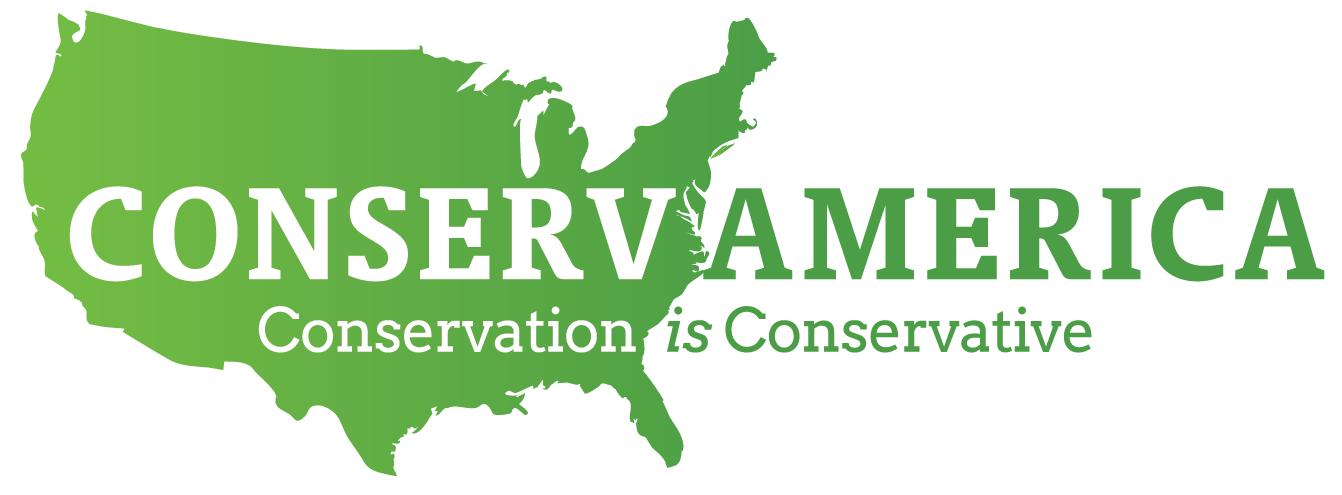Senator Manchin Pushes Permitting Reform
Congress is making its way back to Washington, DC, for the final push before the mid-term elections, when attention will shift away from legislating to the campaign trail.
Just before the August recess, Sen. Joe Manchin (D-WV) struck a deal with Democrat leadership to take up permitting reform in exchange for supporting the Inflation Reduction Act under the budget reconciliation process.
That deal was crucial to winning Manchin’s support for Joe Biden’s biggest policy win of his presidency, which included $369 billion in climate spending. And while Democrat leadership has promised to help Manchin pass some form of permitting reform, individual members are less enthused. Senate Majority leader Chuck Schumer has announced his intention to roll reform into the must-be-passed continuing resolution (CR), necessary to keep the government funded through early 2023.
To bundle permitting reform into a CR pits its fate against a government shutdown, right before must-win elections. It remains unclear whether Sen. Manchin will be able to muster enough support within his party to pass the bill.
Shortly after the deal was struck, Manchin released his wish list of provisions he wanted to see included in a reform bill. Changes include a two-year deadline for environmental reviews, adjustments to the Clear Water Act, and limits on legal challenges, each of which would be a big win for industry, conservation efforts, and, in turn, the economy.
As of this week, however, legislative language has yet to be released from either Manchin or Democrat leadership. Meanwhile, Republican Senators, led by Environment and Public Works Committee ranking member Shelley Moore Capito (R-W.Va.), have grown tired of the “wait and see” approach, and offered up their own permitting legislation for consideration. Much more comprehensive in nature, the Republican legislation includes Manchin’s priorities, while also restoring reforms made by the Trump administration to regulations under the National Environmental Policy Act (NEPA) and the Clean Water Act, including to the definition of Waters of the U.S. and section 401 certification requirements. Among other reforms, the Republican proposal would also assert state primacy over hydraulic fracturing and other forms of energy development within their borders and amend the Clean Air Act’s New Sources Review and Prevention of Significant Deterioration programs, which have long stood as obstacles to technology upgrades that would reduce emissions at exiting power plants and factories.
The United States currently has some of the world's highest construction costs for infrastructure projects, due largely in part to its regulatory review and approval processes, which makes it easy for environmental activists to use litigation to stop projects.
These lawsuits can take years to resolve, causing costly and unnecessary delays, and often impeding projects that would reduce emissions and benefit the environment. The average project now takes upward of a decade to permit. In comparison, countries like Canada and Australia, which also have stringent environmental protections, permit within a fraction of the time.
Permitting reform is not only important for infrastructure and energy projects but also for conservation. Extreme environmental groups will have you believe that permitting reform serves only to benefit fossil fuel development, but that couldn’t be further from the truth. Earlier this year, the Biden administration released a 10-year mitigation plan for addressing the growing wildfire crisis, which affects personal safety, property values, wildlife habitat, and has a detrimental impact on the climate. Ironically, things we can do today to alleviate extreme wildfires, such as prescribed burns and proactive restoration, are impeded by the permitting process and the always present threat of litigation.
According to a study by the Property and Environment Research Center, it takes an average of five and seven years from the time the U.S. Forest Service initiates a formal environmental review to when it can implement mitigation efforts. That timeline does not include delays caused by legal challenges.
The proverbial red tape encountered during the permitting process is used to stop infrastructure development, clean energy projects, and conservation efforts; it is both disruptive and shameful. Technology is evolving quicker than one can blink an eye, but the permitting system for the projects we need those technologies for is woefully behind the times.
The clock is ticking on Congress to get permitting reform done. Whether it be Capito’s bill or Manchin’s reforms, it certainly won’t cover all the bases, but it’s a smart start and a necessary step to keep the country moving forward.
